Search
Search within Health
634 results found
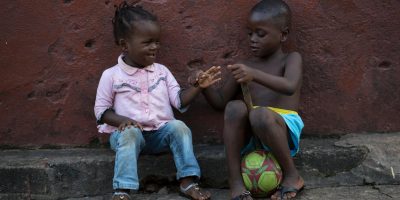
Briefings
Guinea: Reopening Schools Safely – Partnering with Families and Communities
After many months of prolonged closure due to fear of Ebola transmission, schools have reopened in Guinea last month. WHO and partners have played a crucial role in preparing schools to open their doors to students.
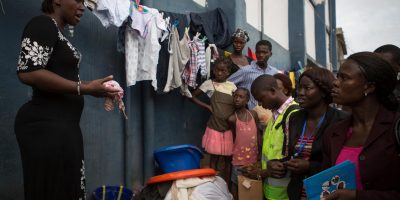
Briefings
Sierra Leone: Increasing Community Engagement for Ebola On-Air
WHO’s social mobilization team is using radio to reach communities with information about how to prevent the spread of Ebola in Sierra Leone.
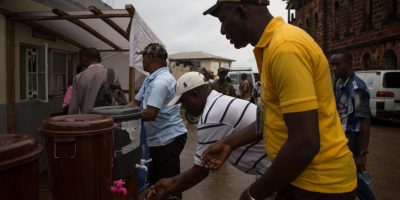
Briefings
Helping Guinean Communities Fight Ebola
Through household visits, a presence on prefecture streets and conversations with influential members of key community groups, surveillance teams are spreading the message about Ebola and providing support to families
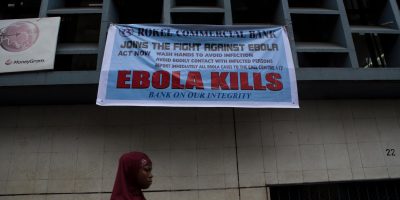
Briefings
Sierra Leone: Inspiring Confidence and Trust in Ebola Care
In Sierra Leone’s Magazine Wharf, there are mixed perceptions around Ebola response systems. Ambulance services are met with especial scepticism. Many fear that a trip in the ambulance will end in death in an Ebola treatment centre or holding unit.…
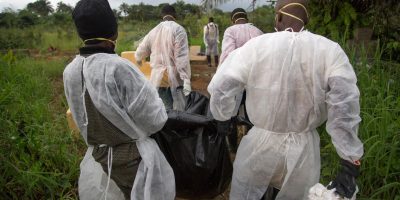
Briefings
Sierra Leone: Tracing Ebola in Tonkolili
When the Tonkolili District reported a new case of Ebola on 24 July 2015, it marked a change in the Sierra Leone Ebola response. A rapid response team was despatched to manage this new source of infection, the first case…
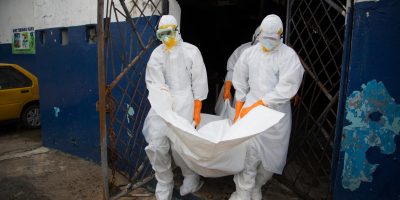
Background Reports
Risk and Outbreak Communication: Lessons from Alternative Paradigms
Risk communication guidelines widely used in public health are based on the psychometric paradigm of risk, which focuses on risk perception at the level of individuals. However, infectious disease outbreaks and other public health emergencies are more than public health…
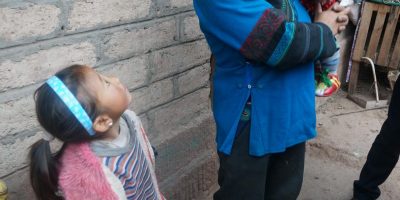
Background Reports
Early Response to the Emergence of Influenza A(H7N9) Virus in Humans in China: The Central Role of Prompt Information Sharing and Public Communication
In 2003, China’s handling of the early stages of the epidemic of severe acute respiratory syndrome (SARS) was heavily criticized and generally considered to be suboptimal. Following the SARS outbreak, China made huge investments to improve surveillance, emergency preparedness and…
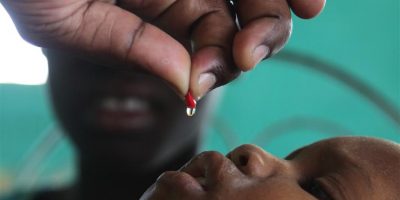
Background Reports
Rapid Monitoring in Vaccination Campaigns during Emergencies: The post-Earthquake Campaign in Haiti
The earthquake that struck Haiti in January 2010 caused 1.5 million people to be displaced to temporary camps. The Haitian Ministry of Public Health and Population and global immunization partners developed a plan to deliver vaccines to those residing in…
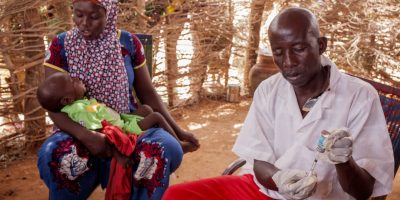
Background Reports
Ethical Considerations for Vaccination Programmes in Acute Humanitarian Emergencies
Humanitarian emergencies result in a breakdown of critical health-care services and often make vulnerable communities dependent on external agencies for care. In resource-constrained settings, this may occur against a backdrop of extreme poverty, malnutrition, insecurity, low literacy and poor infrastructure.…
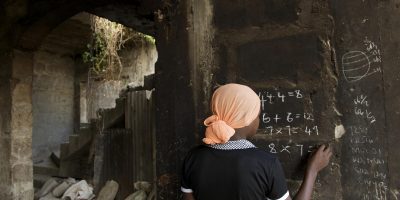
Ethics in Epidemics, Emergencies and Disasters: Research, Surveillance and Patient Care: Training Manual
The training manual has two parts. Part 1 covers ethical issues in research and surveillance, such as conflicts that might arise between the common good and individual autonomy, ethics oversight and publication ethics. Part 2 covers patient care, including triage,…
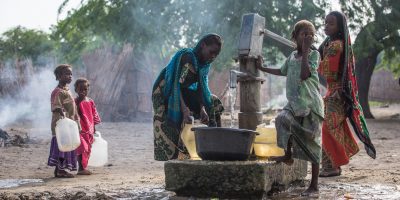
Foresight Papers
WHO’s Six-Year Strategic Plan to Minimize the Health Impact of Emergencies and Disasters: 2014-2019
Every year hundreds of millions of people worldwide are affected by emergencies and disasters1 due to natural and man-made hazards. These events often have devastating impacts on human health, causing hundreds of thousands of deaths, and illness and injury for…
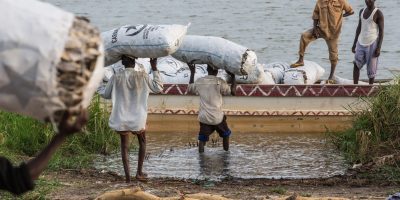
Evidence Reviews
Lessons Learned on Health Adaptation to Climate Variability and Change: Experiences Across Low- and Middle-Income Countries
Climate variability and change are exacerbating many current climate-sensitive health outcomes and have the potential to affect the ability of health system institutions and organizations to maintain or improve health burdens in the context of changing climate and development patterns.…


